A change focused neuroscience approach for genuine results in your leadership, work and life that truly Empowers!
All AdvantEdge Coaching is based on our unique and powerful AdvantEDGE leadership development process based on Neuroscience Research in how people learn, change and develop: EDGE stands for Encourage, Develop, Guide and Empower.
It’s based on my post-grad research into effective management learning and development methods.
EDGE isn’t a silver bullet or a magic pill that gets instant results but based upon the latest neuroscience and social cognitive psychology research, EDGE is like a recipe for a pragmatic change focused approach to help clients realise genuine, sustainable results in leadership, work and life.
EDGE isn't only a model for coaching. You can use EDGE in any communication situation where you want to empower change or influence others.
We will use the EDGE development model in all our GuidePosts, and, as well as explaining the EDGE model we’ll also clarify two other critically important aspects that enable us to help you get those results: That is,
1. to clarify what coaching is (and what it is not!) and
2. how AdvantEDGE coaching truly empowers you to sustain your results.
TL;DR
Too Long; Didn’t Read
EDGE is like a recipe
A picture of the successful end result, the ingredients you need, the method practiced in a safe environment and then using the method in a live, more pressured environment and wrapped with review of how your dish turned out this time.
Encourage is the end result. It’s your Purpose and Payoff. This is what success will look like when you have finished. It’s WHY you are motivated and inspired to change.
Develop are the ingredients for this dish. WHATyou need to know linked to what you already know. Coaches and leaders need to be especially aware of the “curse of knowledge”.
Guide is the HOW or method of using and combining the ingredients. It’s OK to mess up here, in our kitchen, because you can make a mess and redo. Your first attempt may be perfect or may benefit from some changes that work best for you.
Empower is doing it in your own kitchen. you may still need to refer to your recipe or ask chef for some help. Work with your buddy and help each other.
And always, a review with yourself, your buddy, your chef (coach) and patron (sponsor), to wrap up or what went well and what you would do differently next time.
Keep These Questions in Mind
It helps us to establish a safe environment and a learning mindset right at the beginning of any development process. As this is an asynchronous medium - you are already in charge of your own safe environment then it helps to prime your brain to be actively seeking to learn and what you will DO with this learning using these two key questions:
Key questions to be considering as you read, watch or listen to this AdvantEdge Coaching Guide:
What is the ONE thing you will stop doing, start doing or change how you behave or act that will have the greatest impact on your leadership performance from your learning here?
What is the single, tiniest step you can take immediately that will begin that improvement and by when?
Encourage
Coaching is a Journey to Change
Encourage is about inspiring and motivating you to embark on a quest of learning and change. And that’s what coaching is: a journey to change.
The word “coach” has it’s origins in the mid 16th century and, you won’t be surprised to hear, meant a “covered, horse-drawn carriage” which took people from their starting point to their desired destination.
So, the Purpose of Your AdvantEdge Coaching is to provide you with a vehicle to assist your journey from where you are to where you want to be.
There may be bumps along the road and your quest may not always be comfortable. Change is never comfortable! And the Payoff is that AdvantEdge Coaching uses a process designed to empower you to change effectively and sustainably to achieve clear objectives and results.
A Coach takes you on a Journey to change not just an Adventure!
An adventure is a journey without a destination.
A coach who does not help you get results is not a coach! They may be a counsellor, a therapist, a mentor even, but they are not a coach!
Coaching is a vehicle to help carry you on your journey to get results.
The Role of Purpose and Payoff
You will have noticed within this metaphor that the Purpose of this learning and change for you is clearly spelled out. As is your Payoff. Together they answer your brain’s first burning question: “Why?”
Why should I change? Why do I need your product or service? Why should I listen to you?
The Purpose of doing anything is to satisfy your higher personal needs (Belonging, Mattering, Self-Actualisation, Self-Transcendence.) This inspires your brain to act!
The Payoff of doing anything is to satisfy your more basic personal needs (Physiological, Safety/Security.) This motivatesyour brain towards action, or away-from inaction.
The Payoff provides motivation in the short term to gather momentum and Purpose provides the inspiration for the longer term. Together they provide the impetus for us to UnStuck our potential to perform and WHY we should have courage and put in the required effort (and resilience) to UnLeash Performance.
Why we often use a Story Pitch or a Theory to encourage
Stories or theories for Encouragement can be designed to recognise the “villain” (the unwanted behaviour or problem), the client (or other party) as the hero, you or your company as the mentor and your solution (coaching, product, service) as the (secret) weapon that will empower your hero to overcome the villain (achieving the purpose and payoff).
Your brain loves stories. We remember stories. we feel stories. Your brain is wired to detect patterns, and stories are stored as images and symbols. Stories are recalled more accurately than facts and they are more effective as vehicles to convey information.
Theories are a more rational, scientific approach based on testable evidence. Whereas stories can be more creative (fictional?) and emotional based on ideas, beliefs and cultures. But both can capture our attention.
A story or theory captures our attention because our brain wants a resolution. No, it needs a resolution. It craves certainty, and a story, particularly the pitch of a storyline (think of every movie trailer ever) tantalise your brain with uncertainty.
Now that your brain understands WHY change is necessary…
It wants to know more. It wants to know whatever it needs to know in order to change. And that’s what we cover next with Develop.
Develop
How Does Our Brain Learn?
My Masters and Doctoral research was focused on understanding what are the most effective learning approaches to developing management and leadership competencies. Suffice to say that the lecture was, by far, the least effective.
What we did discover is that we typically go through four stages of learning and different tools and techniques of development are most useful at each stage :
Four Stages of Learning
One of the most useful models was created by Martin M Broadwell back in 1969 known as the four stages of learning. In this model development is a process of taking you from being Unconsciously Incompetent - that is: “You don’t know, what you don’t know how to do something” to a point where you are Consciously Competent or “You know what you need to know how to do something and you can do it well enough.” And ultimately, to a place of Unconscious Competence.
EDGE and the Four Stages of Learning
The EDGE model shows us the four tools and techniques most appropriate at each of these stages of development:
Enthusiastic Beginner: At this stage we are not (consciously) aware of what we need to know or do, nor our lack of proficiency. We are in a comfort zone of not knowing what we don’t know (and thus don’t particularly care.)
Encouraging someone answers WHY we need to change something and inspires and motivates us to begin our learning journey as enthusiastic beginners. Encouragement is not really a one off event, but regularly throughout the journey to continually nudge us to be courageous and venture out of our comfort zone.
Frustrated Learner: We become aware of what we need to know and (painfully?) aware of our lack of proficiency.
This Develop period can be frustrating with little apparent progress and so much more to know and learn and Encouragement is still necessary as enthusiasm (motivation) wears off. Our focus is on WHAT we need to know about something and about how to do something safely and effectively.
Gaining Mastery: We can use the skill with effort.
Guidance is provided in a safe environment where mistakes are encouraged so that we learn not just HOW to do something, but also HOW NOT to do it and thus gain mastery of the skill..
Peak Performer: We can use the skill with proficiency and with little effort, with mastery.
As practice deepens we achieve mastery and it looks effortless - even a talent. Empowering is provided in support of our continued practice in the less safe environment of the real world.
Why, What and How Answered
Encourage focuses us on the WHY we need to change something. Develop focuses on addressing WHAT we need to know about something and Guide and Empower on HOW to do something.
Develop in AdvantEdge Coaching focuses mostly on what your brain Needs to Know to facilitate your understanding and provide you with sufficient knowledge of the concept to act on it safely and advantageously.
It’s also where we link what you do already know to what you need to know. This helps your brain file the information well and builds on your existing knowledge, skills and talents so that we can leverage these. (We’ll talk some more on this leveraging later.)
Now it’s time to change, and change is difficult! Which is why you need a Guide.
Guide
Change is Difficult!
As you’ll recall from the Encourage section, coaching is a journey to change. Part of our problem isn’t the problem itself, it’s us! Going on this journey to change can be challenging and exhausting whilst being thrilling and exciting. Bringing sustainable change is even harder. Most people resist change even when they see the need and believe that it can occur:
The owner of the first hotel I managed was just 40 when he suffered a heart attack. His lifestyle, booze, food and a lack of regular exercise were contributory factors but prior to the heart attack, there were no significant symptoms. Life was good, then BAM! He was on the floor in agony. He survived. His doctor told him bluntly that he had to change his diet, give up alcohol, smoking and take up regular exercise. Change or die! A stark choice. And one that many people face. Initially, my boss came out of hospital ready and eager to take this advice seriously and changed everything that was harming his health. It wasn’t easy for him, but he stuck with it and now enjoys a slim, healthy life retired and sailing around the Mediterranean.
Yet, in the US alone, some 90% of heart bypass patients can’t change their lifestyles, even at the risk of dying. It’s not surprising then that changing people’s behaviour in business is a challenge.
And, you’d have thought that I would have taken a salient lesson from my boss’s experience. Any sensible person would quit the cigarettes, cut out the booze, enjoy a healthy diet and exercise regularly. After all - when you see someone close to you, living a similar lifestyle, with the same high stress job, you take note and make a change. Of course I didn’t! I was a tender 53 when I died of a massive heart attack.
Yes, you did hear that right. Dead for 4m33s according to the medics until they shocked me back to life. Ask me, and I’ll happily share my wonderful experience but for now, I just want to emphasise that change is difficult. We can be motivated to change. We can be inspired to change. But, at some point, we actually have to DO the change. And that is difficult. Or at least, any worthwhile change is difficult.
Why Your Brain Resists Change
Your brain’s primary job is to keep you “not dead”. Part of that job means sticking to places and routines that are known to be safe. Another part of that job is being very prudent with the use of energy.
Thus, change (even when caused deliberately and consciously by you) challenges your brain’s sense of safety and stability. Which is threatening to the known and safe status quo. So your brain will resist or avoid the change as much as possible. It’s fight or flight time!
To save previous energy, your brain is wired to choose the easiest, least demanding option. Any change requires extra effort, more thinking (especially discipline and determination) which requires more energy.
Change is a battle between your motivation to change and your brain’s determination to not change if there’s any doubt about the safety and stability of the future. And it’s chemical warfare! With dopamine leading the charge for change and cortisol and norepinephrine mounting the defences.
Your brain resists ANY and ALL change.
Try this simple, fun exercise:
Please, cross your arms normally.
Comfy?
Now, cross your arms the other way.
Not comfy?
How long will you be able to stay with your arms crossed “the wrong way” before you automagically revert to your default?
You just demonstrated why over 70% of all change initiatives in organisations fail!
AdvantEdge Coaching makes change for you as easy as we can.
Co-create a Safe Environment
First we co-create a safe environment for you (and your brain) to try things out. To practice new behaviours.
Small Wins
We start small and build mutual trust and confidence [oxytocin] over time to reduce your brain’s change resistance. You get early quick wins to boost dopamine and serotonin which increases your motivation to change more.
Then we’ll encourage you to fail too!
Sure, your brain hates it but you don’t just want to learn how to do something. You want to learn how NOT to do something. Remember, we’re in a safe place where no-one gets seriously hurt.
This is the stage where your coach is going to push you hardest to try new things, to be bold and courageous. To step from your comfort zone into something new. All the while, keeping you safe.
This is one reason why in-house coaching and “friend” coaching cannot work well. They simply can’t or won’t push you hard enough. It’s also why you choose a coach who know’s “How to…”
And, we’ll UnLock and leverage your Talent in the AdvantEdge Potential to Performance System
You can follow the link to learn more, but for now, it’s enough to know that we’ll help you leverage your current, real talents and abilities (potential) to more easily, more effortlessly, adopt and perform new behaviours and abilities. It’s like taking a shortcut Development route from “Enthusiastic Beginner” to “Peak Performer”.
As you gain mastery in a safe environment, it’s time to put this into practice in the real world. Albeit, in our case, with a little support from your coach. It’s time to Empower
Empower
What Really emPowers Change to Take Place in the Brain?
We mentioned in Guide that because it is uncomfortable, Change is Difficult! Our brain (and body) are quick to revert to our default comfort zone. Once we extend new thinking, ways of being and behaviours into the real world, it becomes more difficult to sustain change, however much better it may be! Change is not free. It comes at a cost of discomfort, struggle, effort, time, judgment, adversity and uncertainty. And you know how the brain hates uncertainty! Change is a battle of your desire to be better and your own brain’s thinks: “nah, let’s just stay here, where we might not be comfy or happy or fulfilled but at least we know there aren’t any dangers… are there?… let me just check that…”
So we need a secret weapon to help is this battle within ourselves: Stewardship Agreements for Results and Accountability. But before that, allow me to clarify an oft-mistaken understanding of empowerment. It is NOT the same thing as delegation.
Delegation is NOT Empowerment!
When most managers say that they empower their staff, they are not even delegating but abdicating their own responsibilities because they have failed to do something (perhaps they don't like it or can't do it themselves).
Many of my clients had been making this error in thinking that delegation is the same thing as empowerment. It is NOT!
Delegation is the action or process of delegating or being delegated. As a leader you give delegate the responsibility and accountability to do something and you give them your authority to do it (some call this power and hence the confusion).
Empowering is the action of giving someone the freedom to do something by equipping them or supplying them with the necessary abilities, knowledge, authority, and right to do something for themselves or on your behalf. That is, you lend or give them your power. Empowering someone is this four step process that we call EDGE.
To truly empower someone, a leader needs to:
Encourage them, because this task is beyond their current comfort zone.
Develop them with the knowledge and skills they will need to accomplish the task effectively.
Guide them in the use of their new skills, knowledge and authority in a safe environment, and then
Empower them.
When you've empowered them THEN you delegate with your authority to use that power.
AdvantEDGE Stewardship Agreements
Now that you are equipped with the knowledge, skills, abilities, tools and techniques your AdvantEdge Coach supports you as you put things into practice in the real world.
As your coach, we don’t have the authority to give you in your workplace, but we do hold you to be accountable for yourself (and your buddy of you have one). We’re one of the only development companies who hold your sponsor accountable too (if you have one). To help set you up for this success we have Stewardship Agreements to with you:
A stewardship agreement is a tool for mutually extending trust from one to another with clear expectations and mutually agreed-upon accountability.
We’ll have a stewardship agreement between you and your coach, and between your coach and your sponsor. You’ll have one with your accountability partner too. Let’s expand a little on these two main parts: Clear Expectations and Agreed Accountability.
Clear Expectations
This typically includes:
Your desired results and objectives. Both hard numbers and soft results.
Specific metrics you are measuring that matter. For example, sales growth or staff turnover.
Specific actions (or project milestones) that are suitable
Pertinent boundaries, guidelines, limitations or rules. For example, growth excluding inflation, turnover excluding retirement.
What support you can/should expect from your coach, sponsor or accountability partner(s).
For example, we’ll share best practice and neuroscience additional learning resources with you like masterclasses, videos, articles, templates and tools through the private client platform.
Your sponsor might also mentoring time or resources or introductions, for example.
Agreed Accountability
We champion the idea of self-governance as much as possible with
regular TouchPoint Sessions - which you arrange with your coach to discuss your progress.
Weekly Check-Ins - a worksheet tool you complete to update your coach on progress, learnings and successes.
Sharing your metrics and actions progress regularly.
If applicable, we encourage you to arrange the same three tools with your sponsor and your accountability partner.
All of these through our online Private Client Platform the AdvantEdge CoachAccountable System. As well as easy, secure access, full tracking of all you do, your appointments schedule, all notes from our coaching sessions, you’ll also get suitable reminders, nudges (I call it my “auto nag” system).
There’s a lot in the EDGE model so let’s recap before your review:
Remember this: What’s The ONE Thing?
Let’s do a quick recap of the EDGE model:
Encourage: a picture of what success looks like. The Purpose and the Payoff or your why. Because change is difficult and takes you beyond your current comfort zone.
Develop: the ingredients of the what knowledge and skills you will need, linked to what you already know, to accomplish the task/behaviour effectively.
Guide: the method of how you use of your new skills, knowledge and abilities in a safe environment, and then
Empower: you with a stewardship agreement detailing clear expectations and agreed accountability. You can refer to the recipe, ask for help and find additional ingredients (resources) that may be useful in your live environment for your patrons.
Wrapped with a Review of what went well and what you will do differently next time:
A part of empowering people effectively is learning in and about actions through reflection.
Those who reflect on their learning with these two simple questions improve their performance by 23%!
At the end of every GuidePost is this promised review. If you are not (yet) an AdvantEdge client, you can complete the online form with the appropriate details and receive an email copy of your reflection and your records, results and accountability.
For clients, it’s a little easier - you simply login to our private client area. Everything is logged and your coach (and possibly your accountability partner and sponsor) can offer feedback, suggestions or guidance to help you put your learning into action to get your results.
Yes, it’s tempting for most people to skip this part!
As I mentioned, we’re big fans of truly empowering you and that really means practicing self-governance. So, my advice, don’t skip this part.
If there is ONE thing that makes the single, biggest difference between good leaders and great leaders, it’s written self-reflection! Think about every single great leader whom you personally admire. Got someone? Either:
You know them personally and they impacted your life in a very special way, or
You read about them.
The vast majority will answer number 2. How do you suppose you got to read about what they did? Is it at all possible that they wrote it down in some sort of journal?
Last question to convince you that self-reflection matters.
Is it just that great leaders happen to (all, every single one of them) write some sort of reflective journal, or does written reflective journaling make you a great leader?
What If I Need Help With This?
The first step is to talk to someone you trust. A medical doctor, a pastor, a true friend. Maybe a coach or mentor. Remember, everyone has a greater or lesser issue with this because we all have a brain wired the same way and we all have the same basic needs.
If you want to consider coaching, you can learn more about AdvantEdge Coaching so that you can have Joy@Work and Your Team to becomes United in Trust and Collaboration, contact us hereand arrange a complimentary, confidential, no obligation Discovery Session.
Hi I’m Dr John Kenworthy and as your AdvantEdge Coach, my purpose is to Encourage, Develop, Guide and Empower you in the Art and Neuroscience of Expert Leadership so that you build a successful organisation and create a collaborative, high performing team with engaged, joyful employees.
If you would like to learn how AdvantEdge Coaching can help you, your team and your organisation, then join me for a Complimentary Discovery Session by applying here.


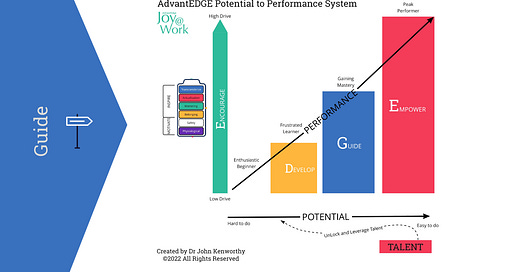
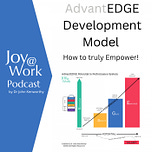


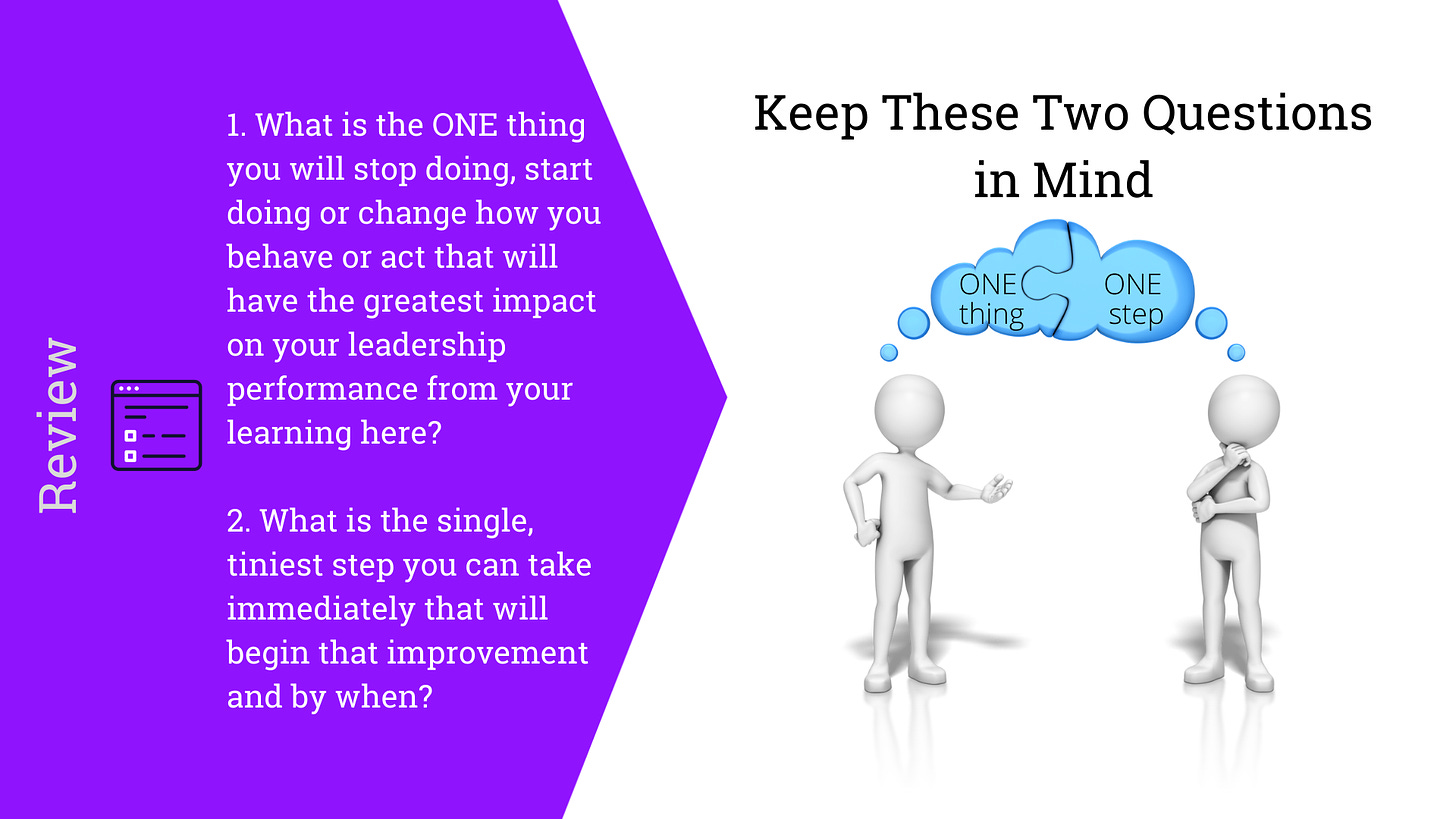
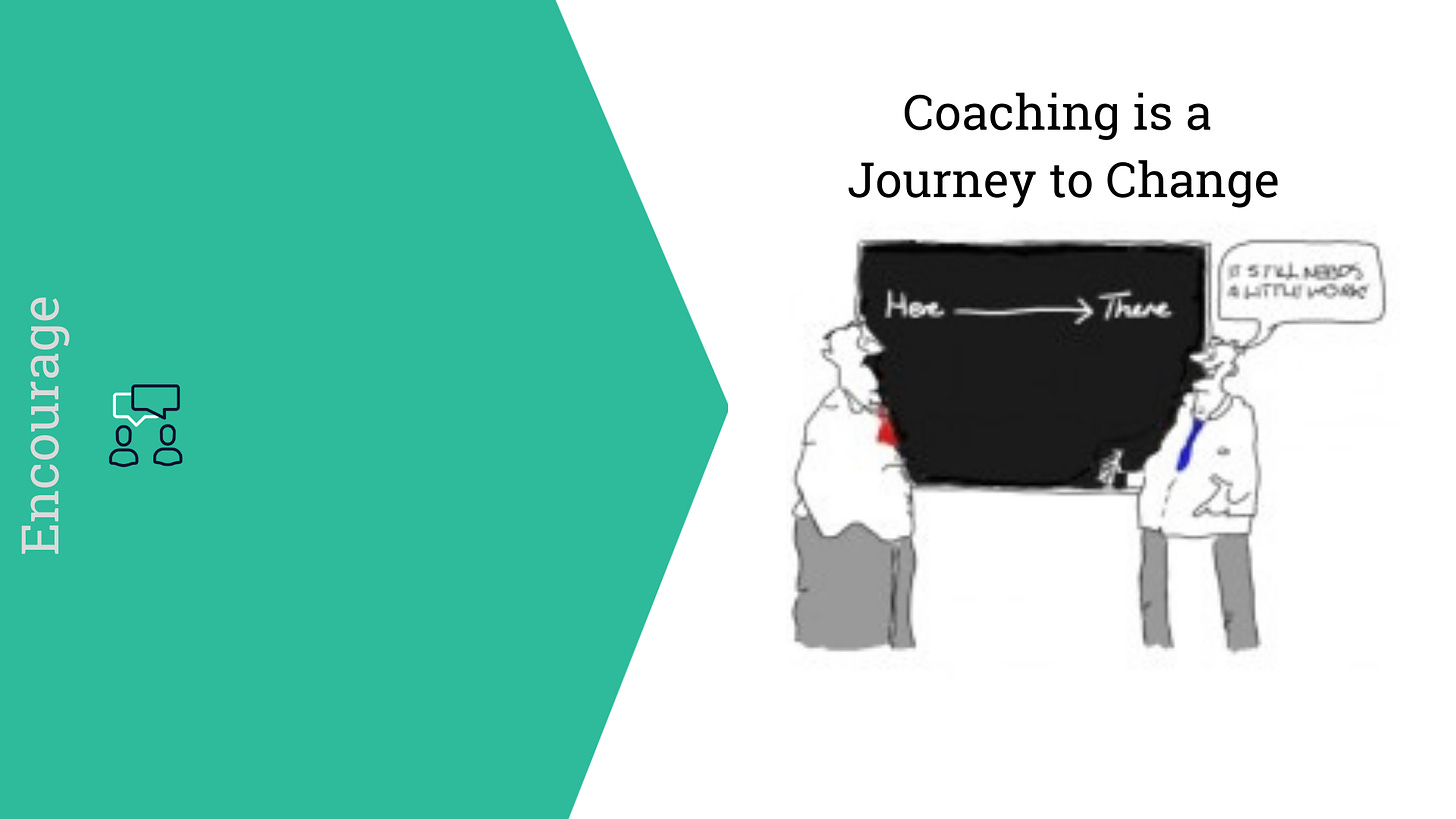
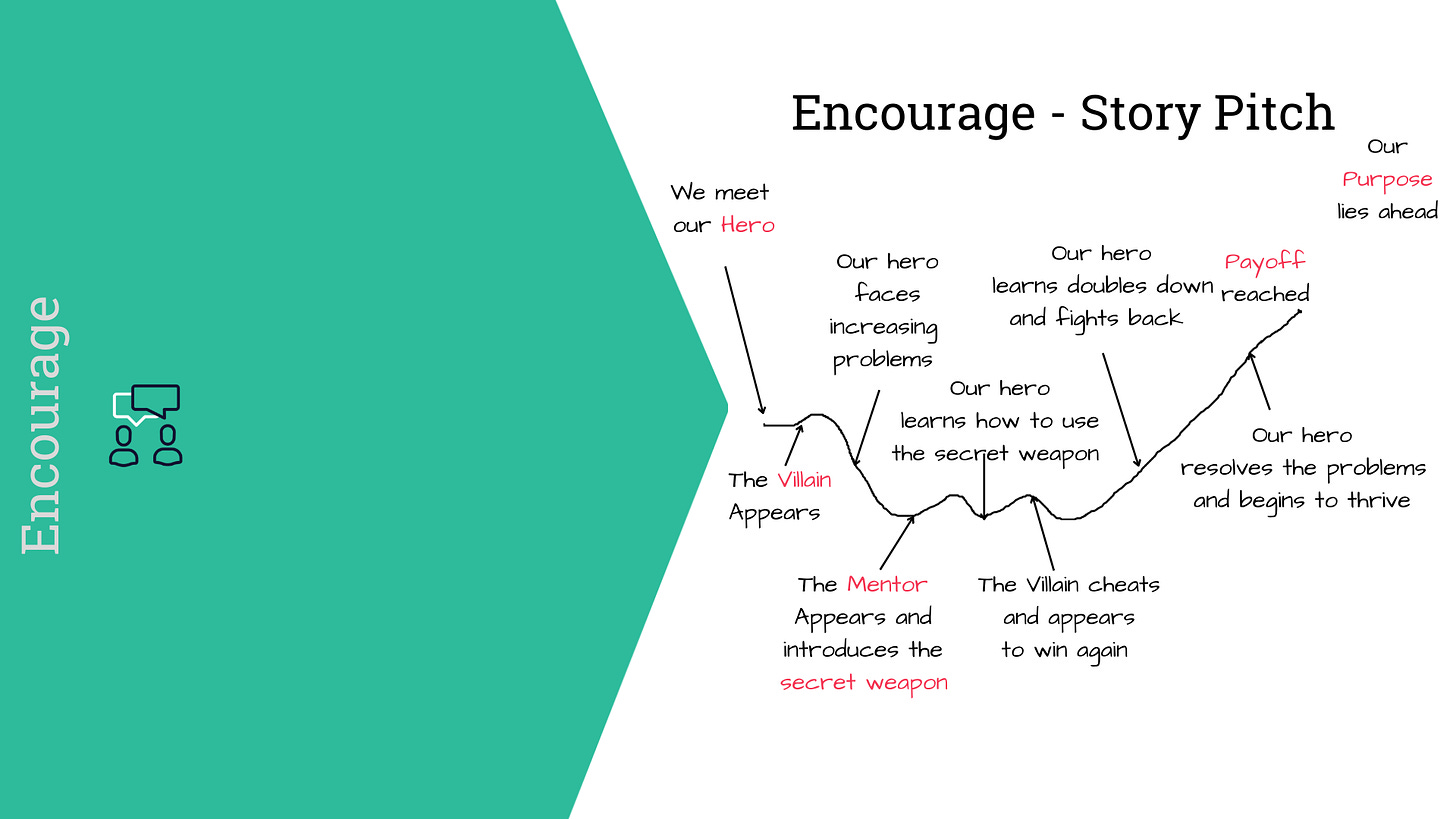
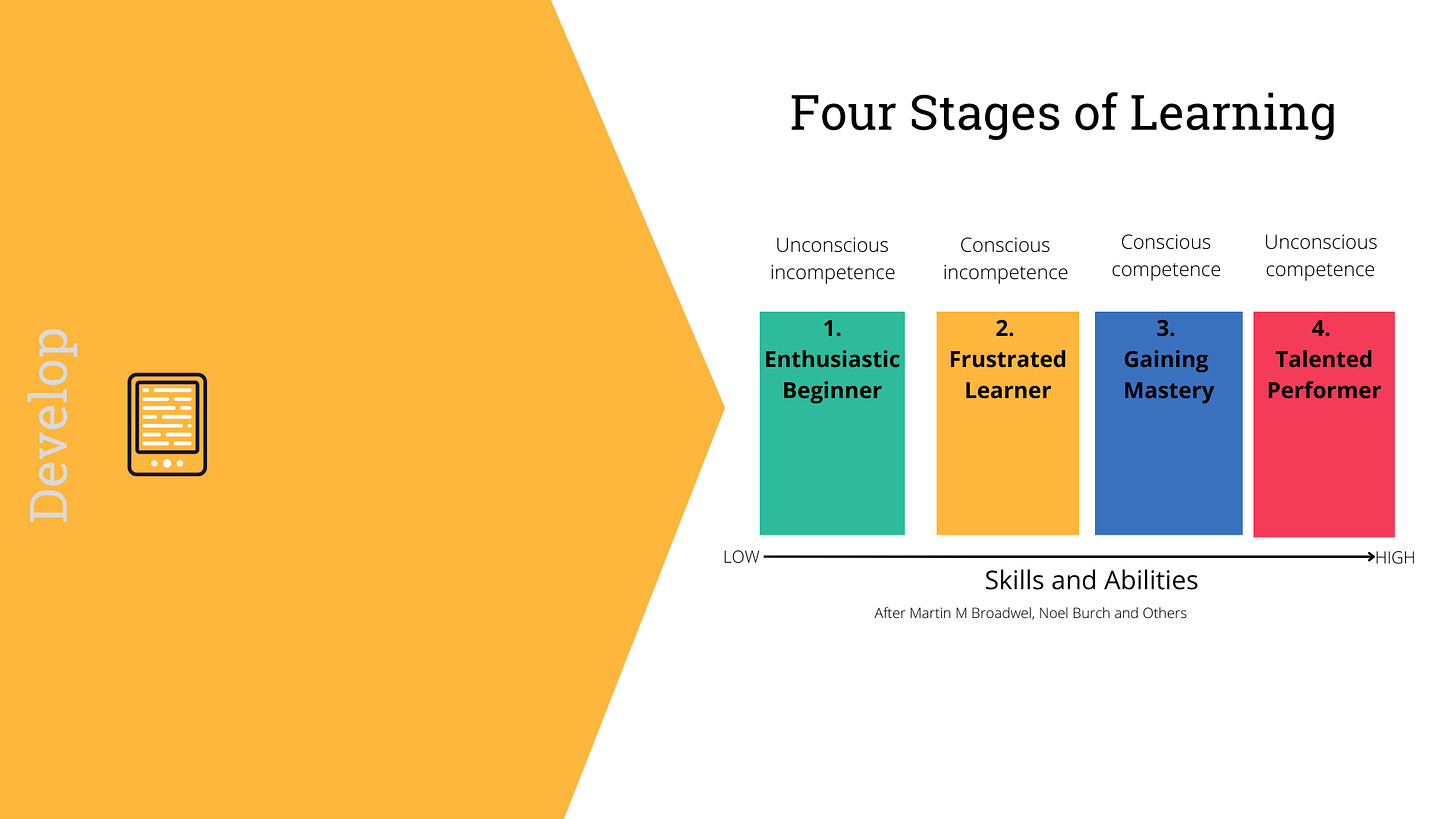
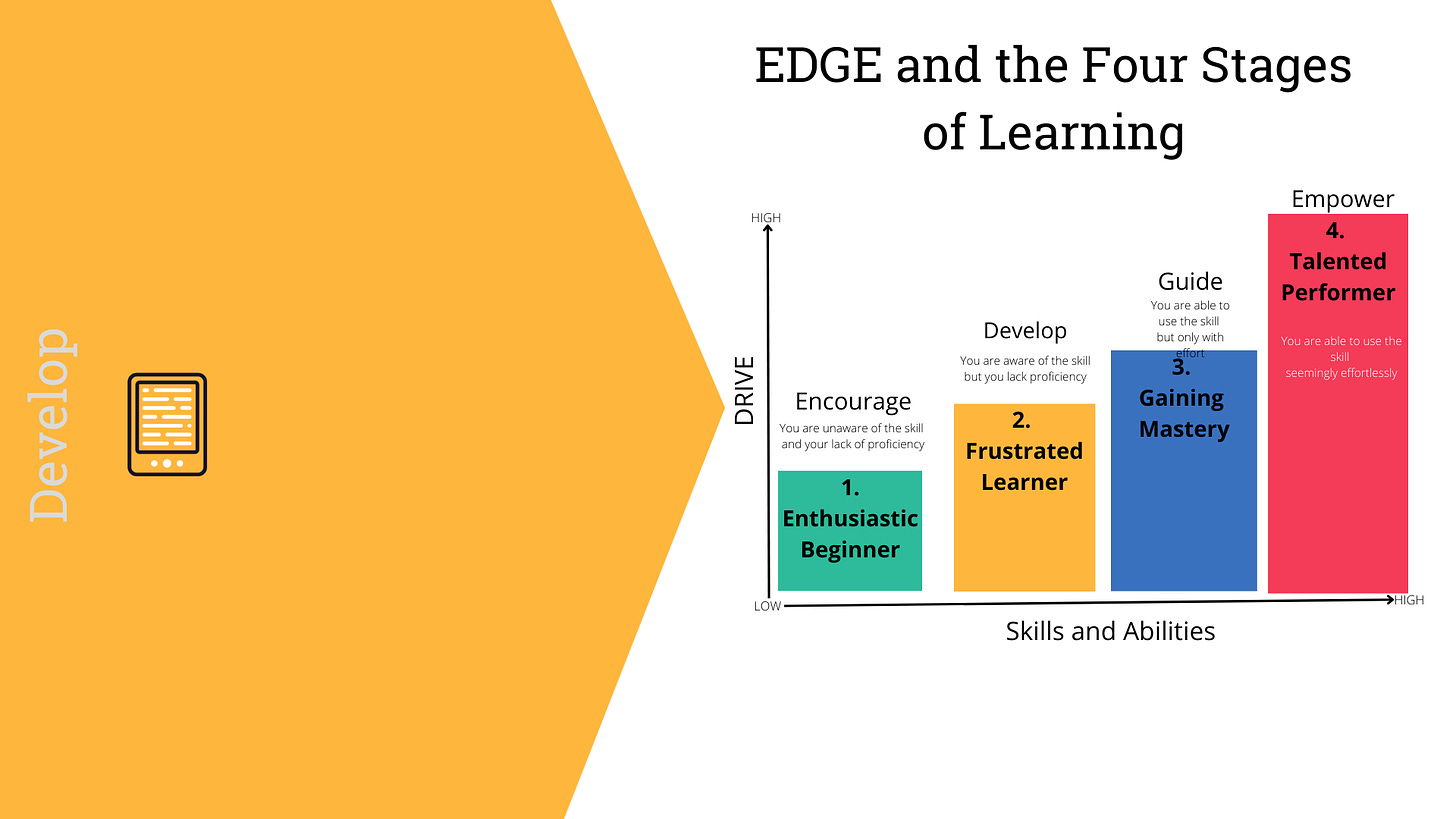
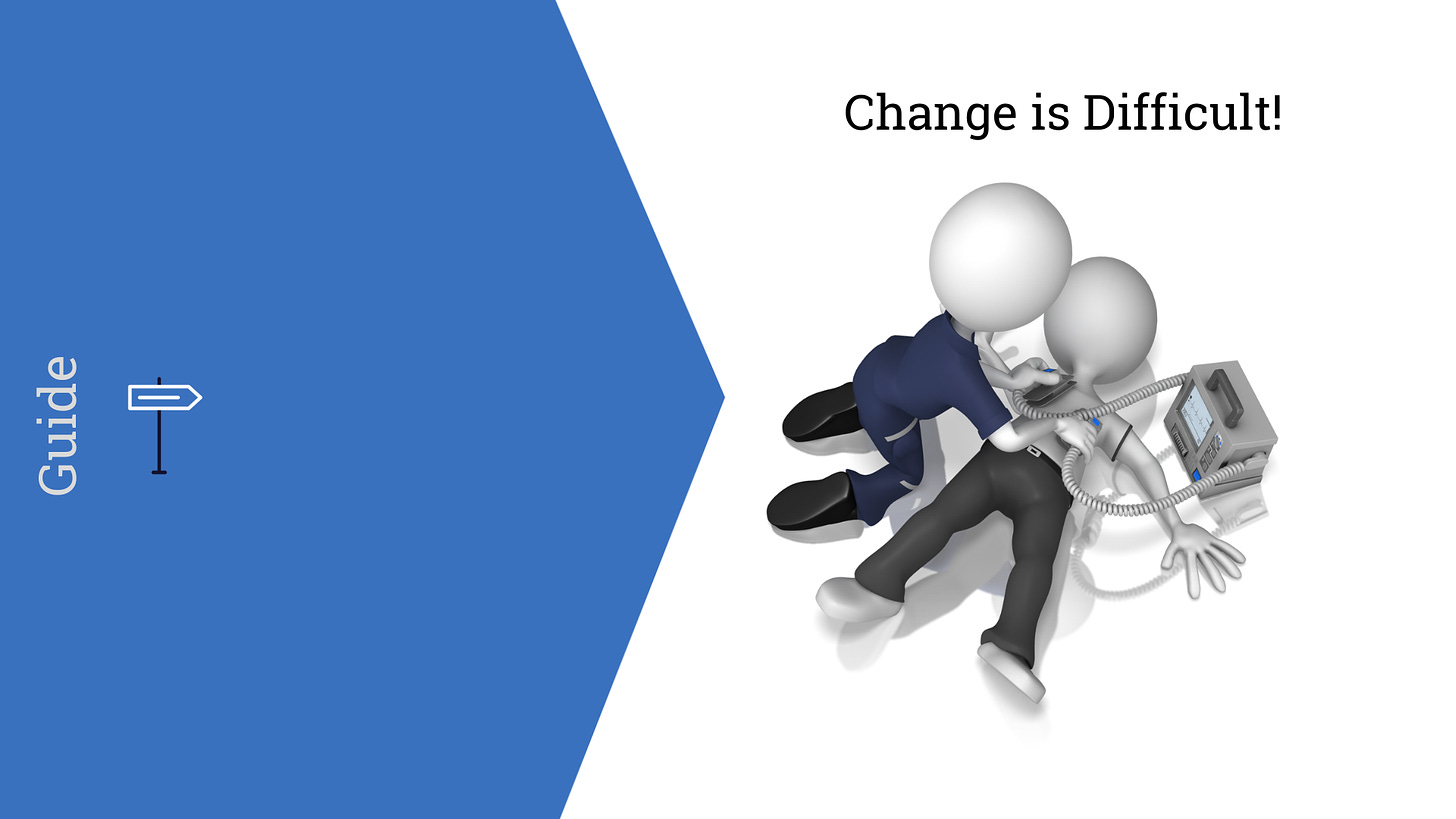
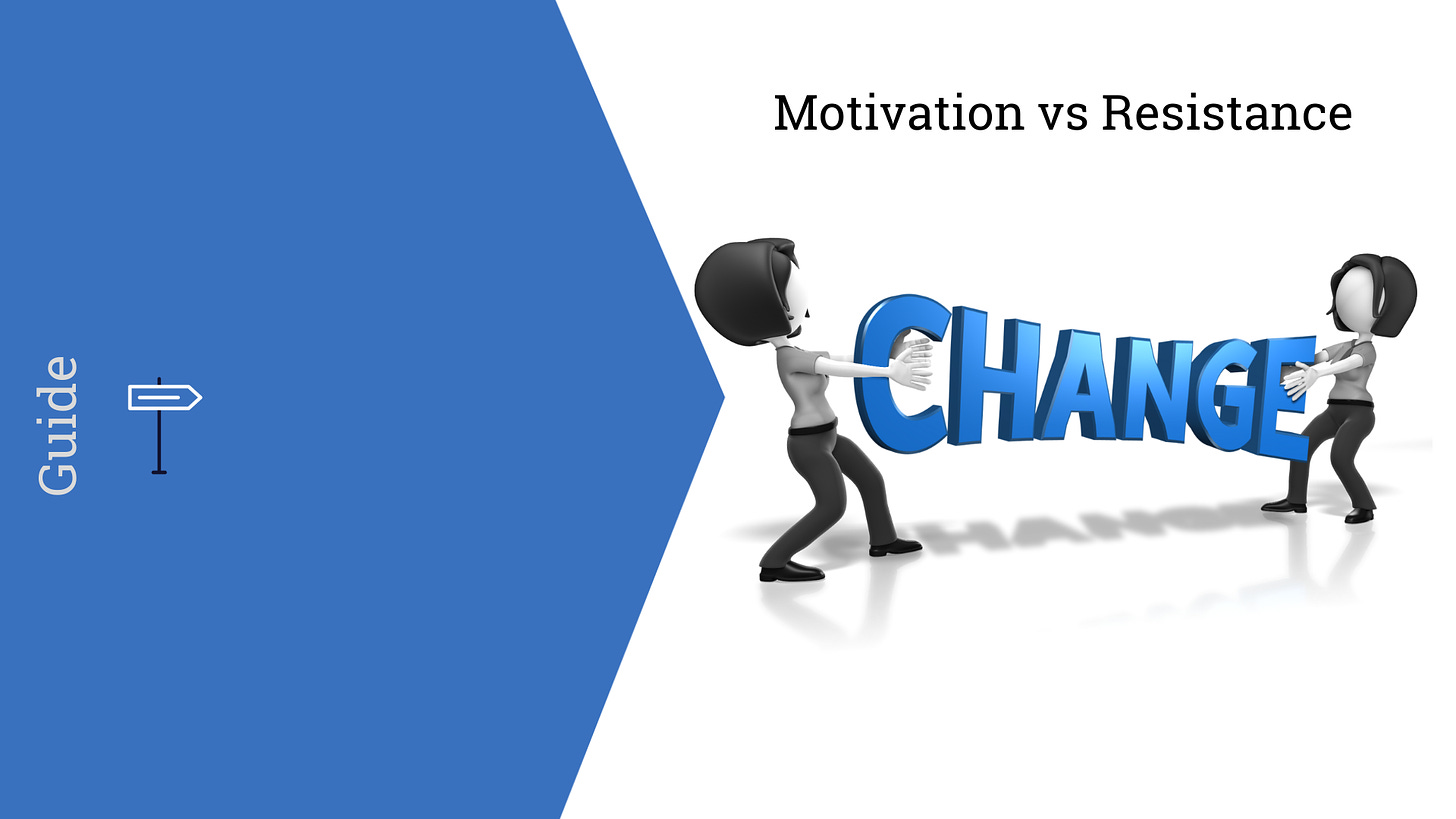
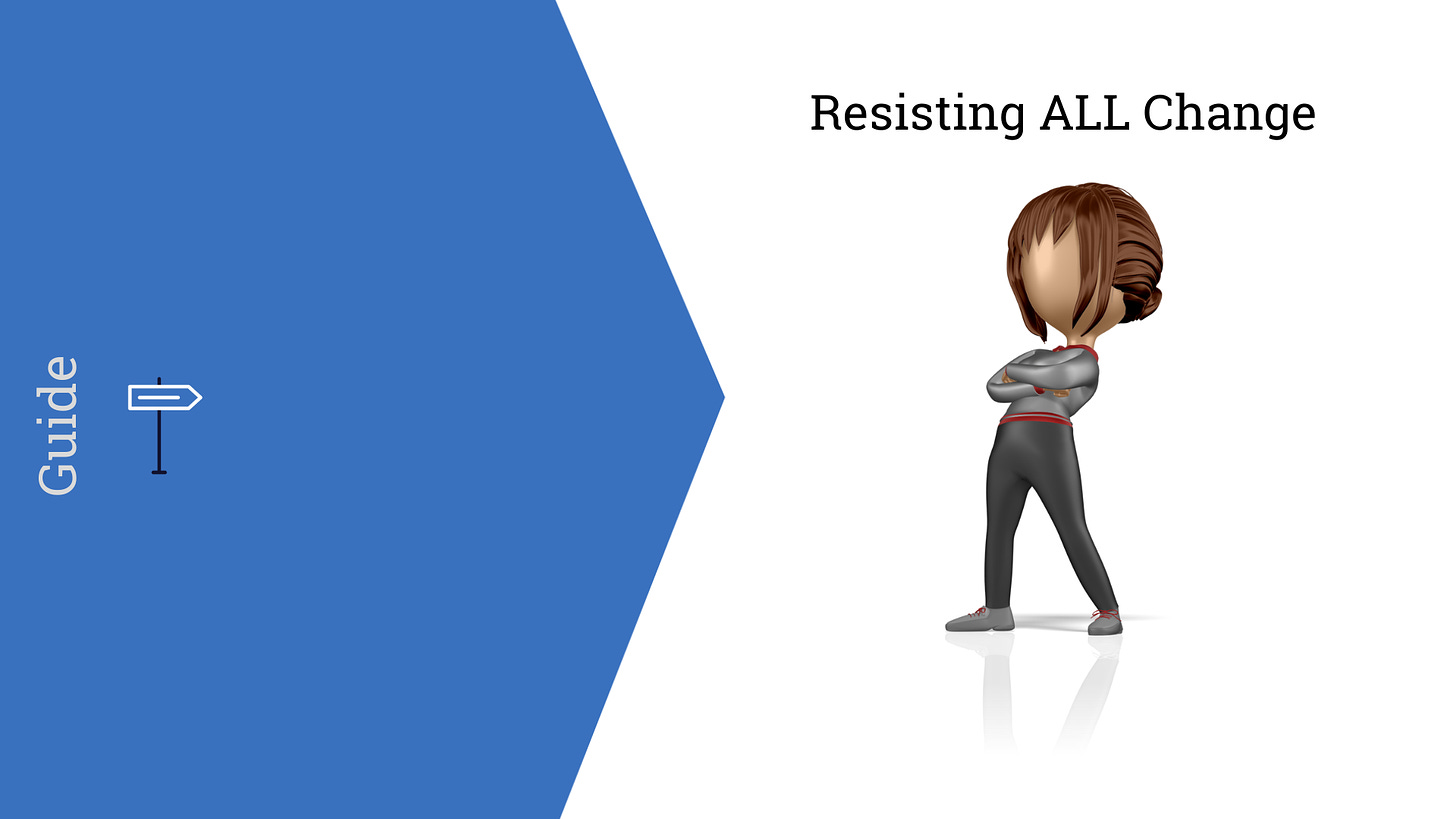
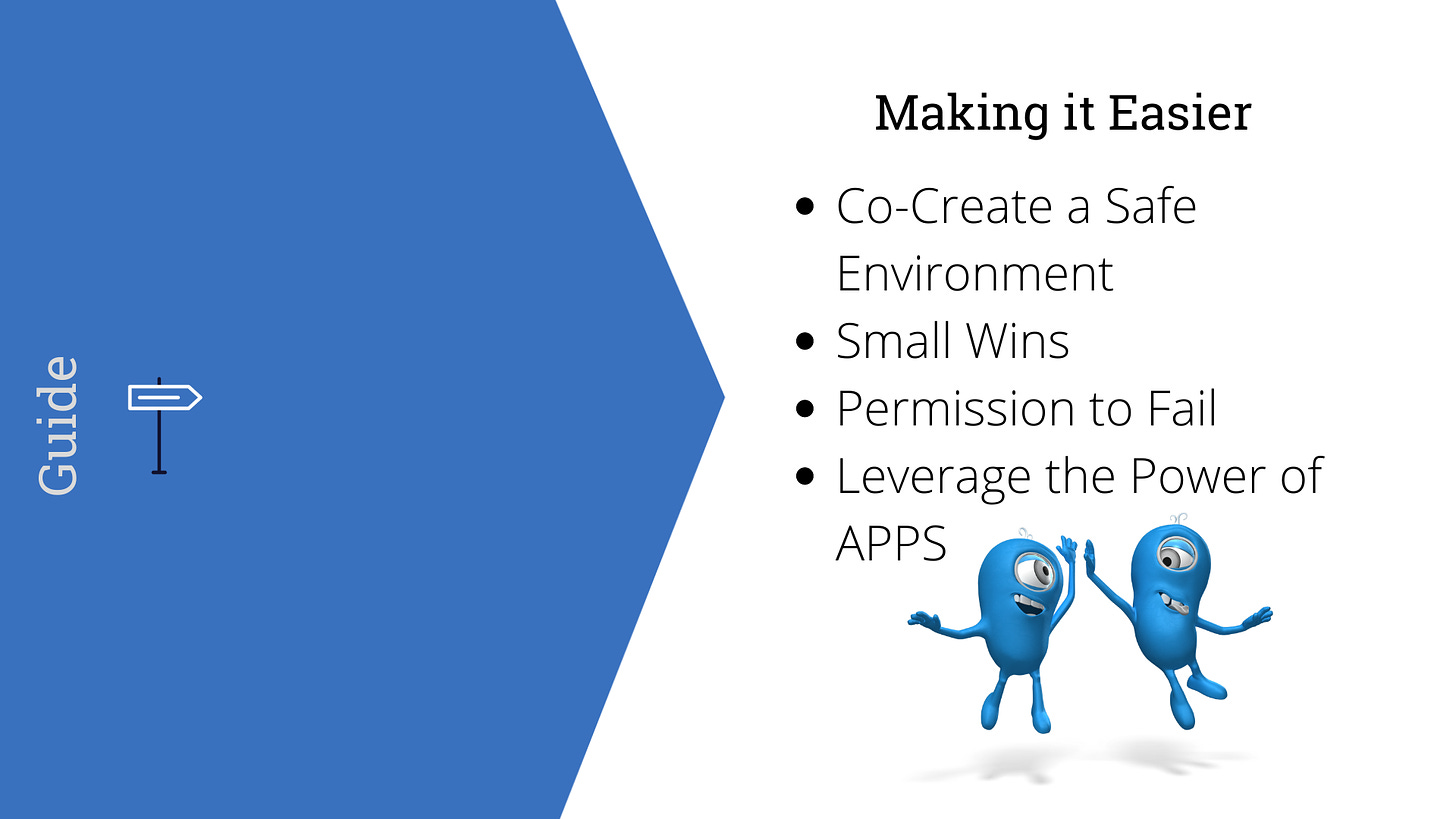
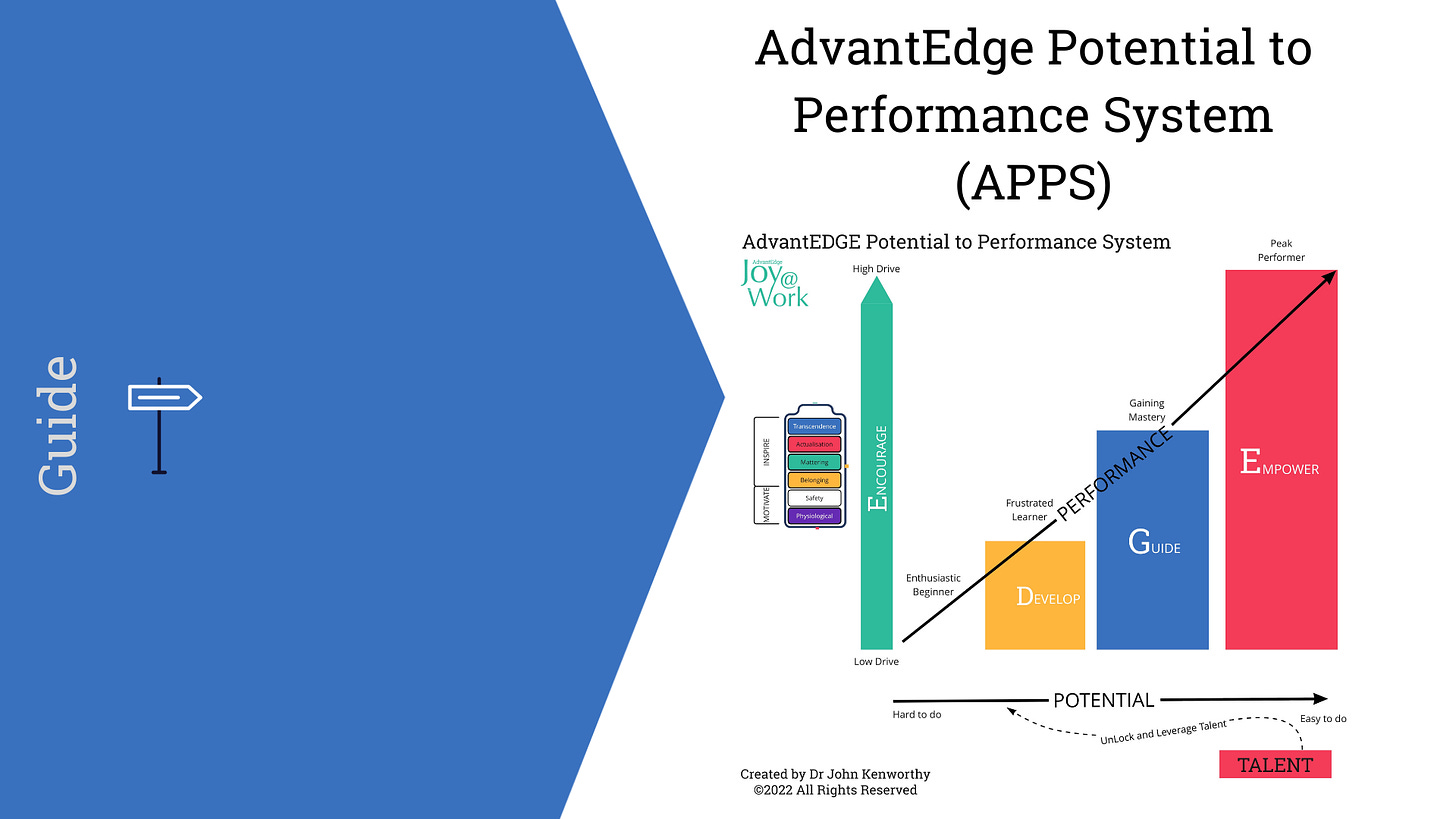
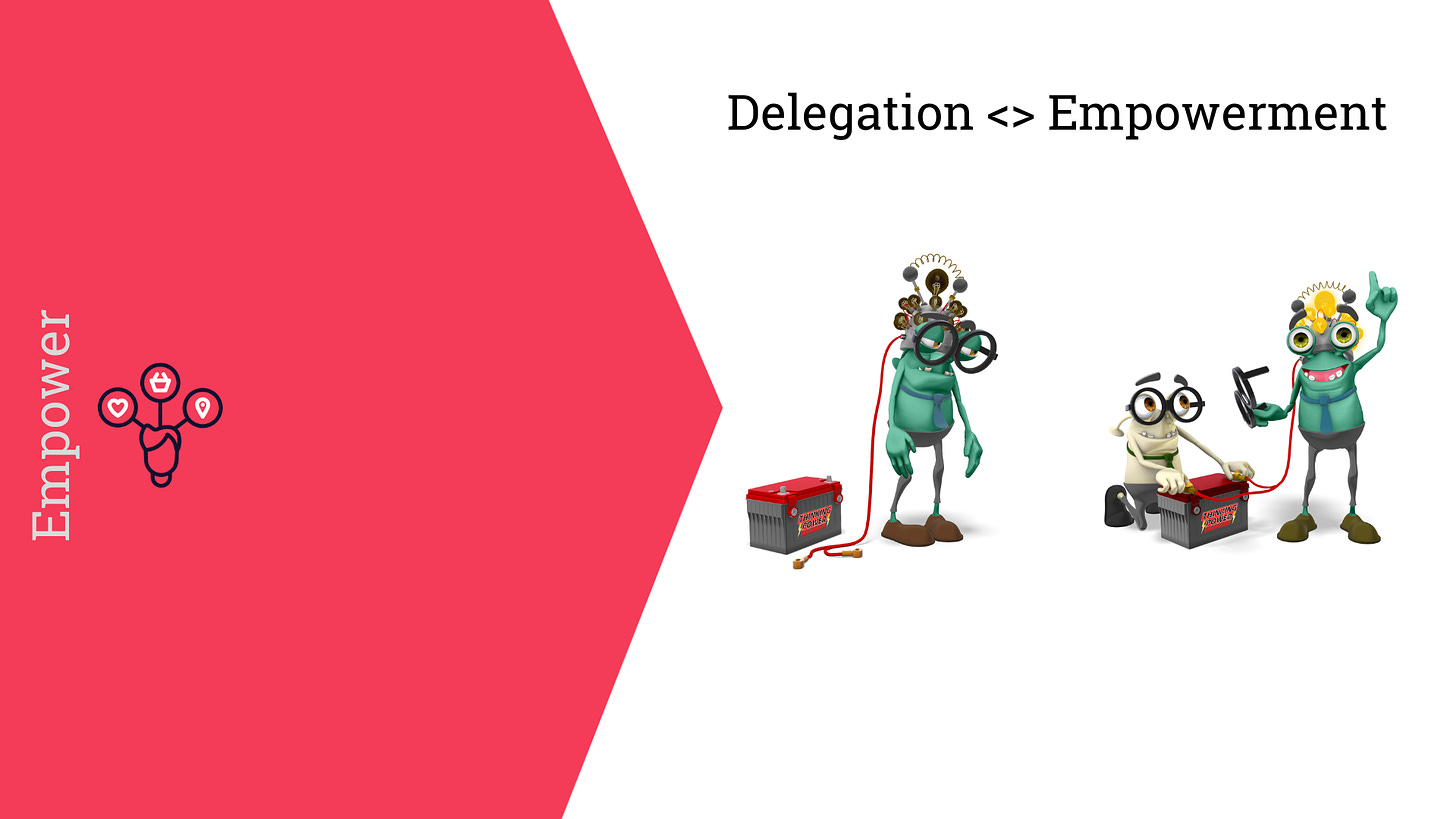
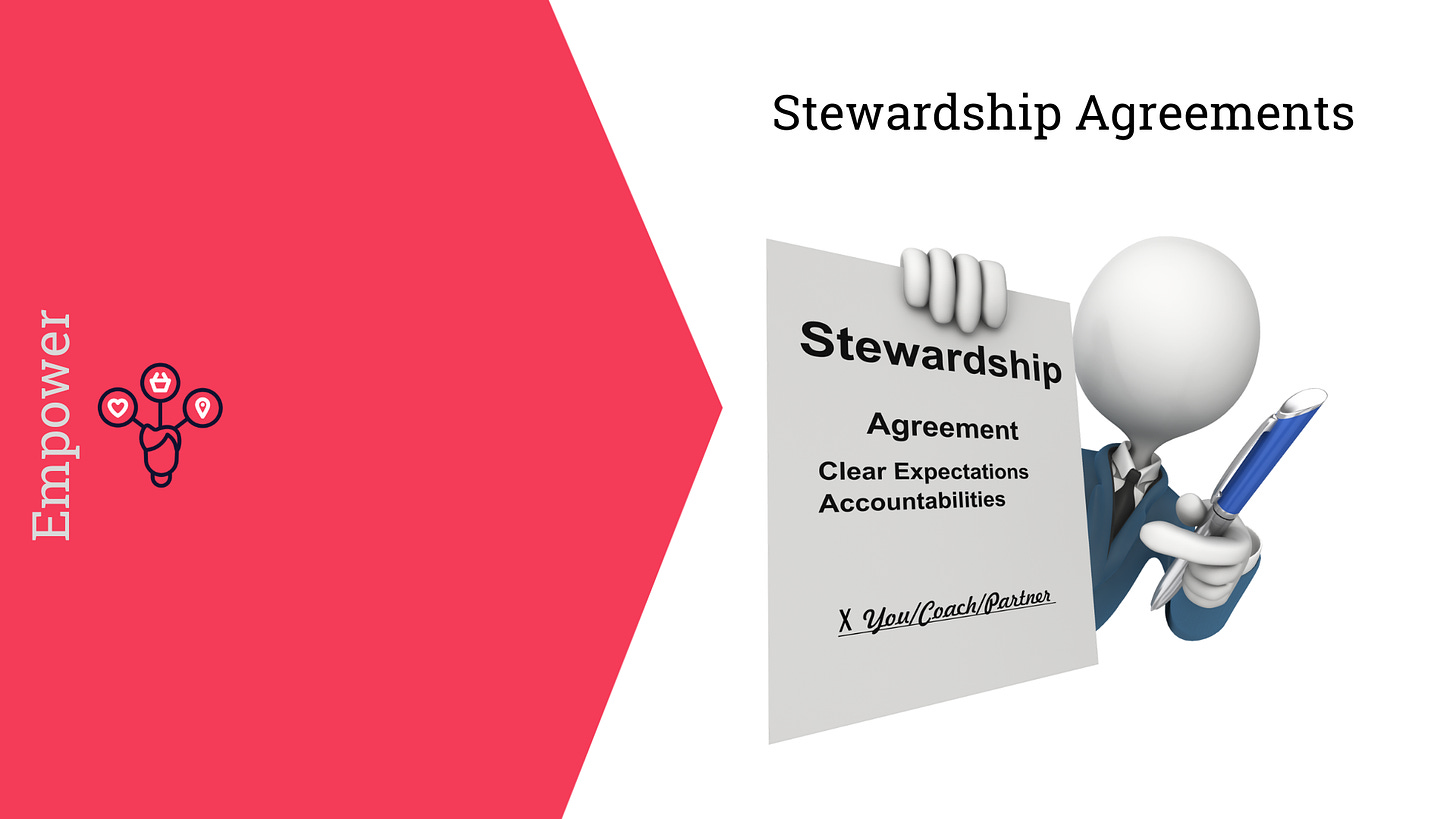
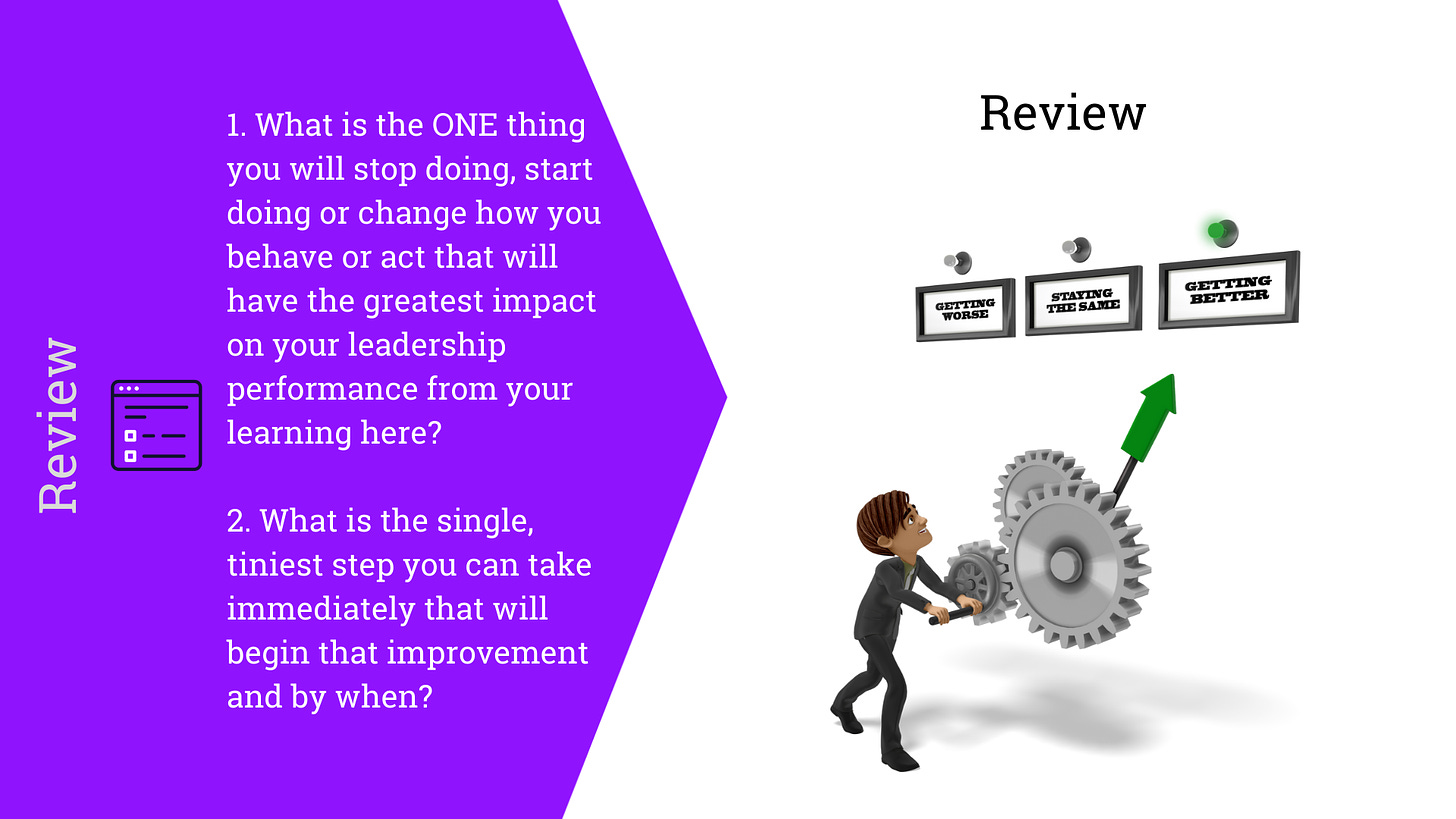

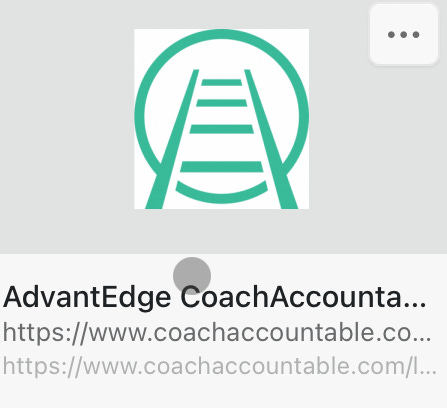
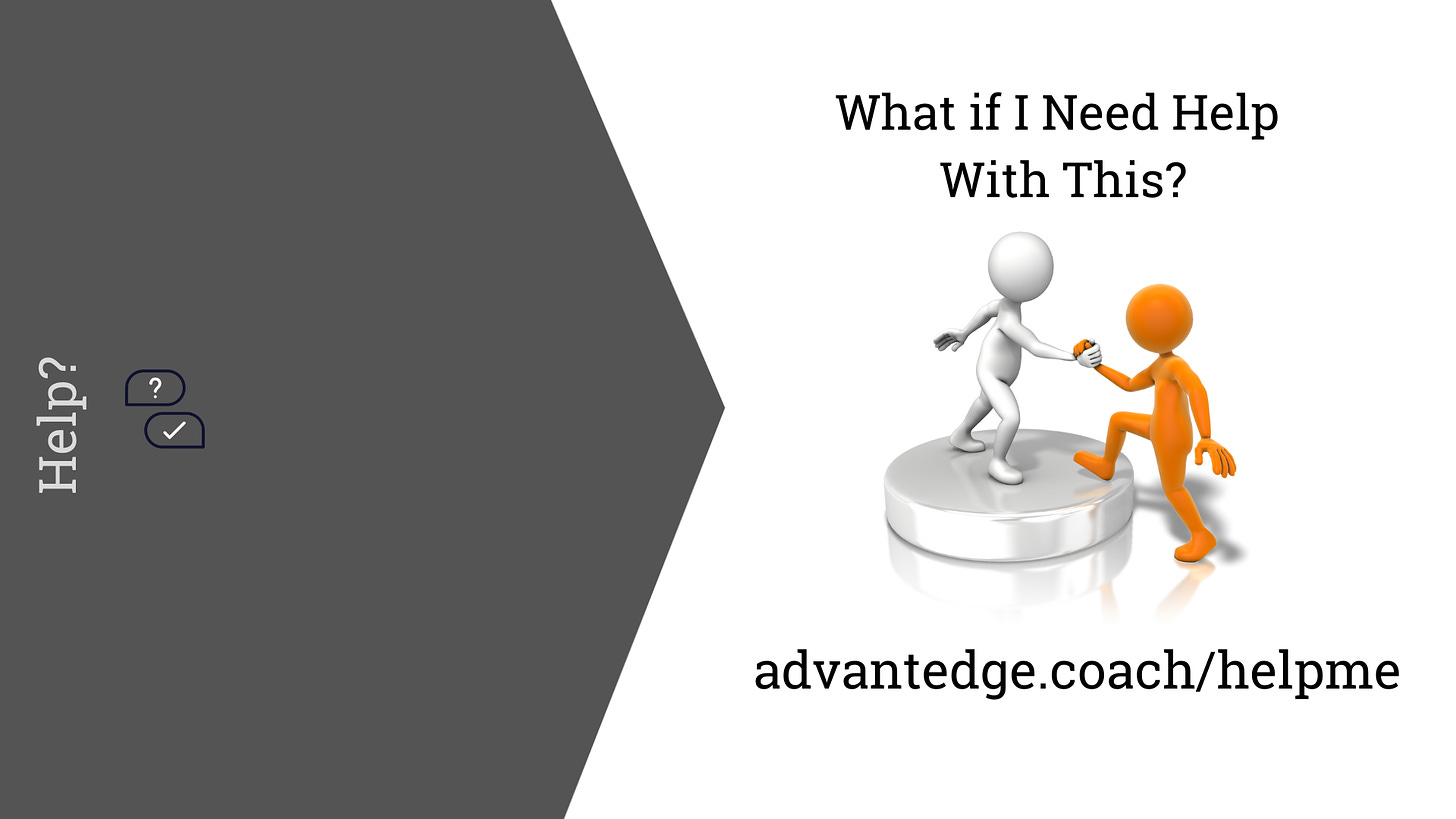


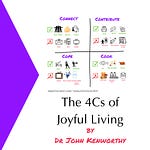

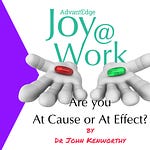

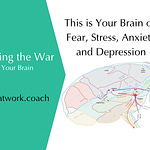
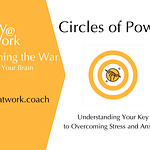
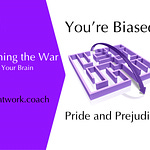
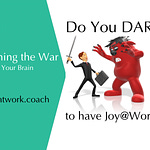
Share this post